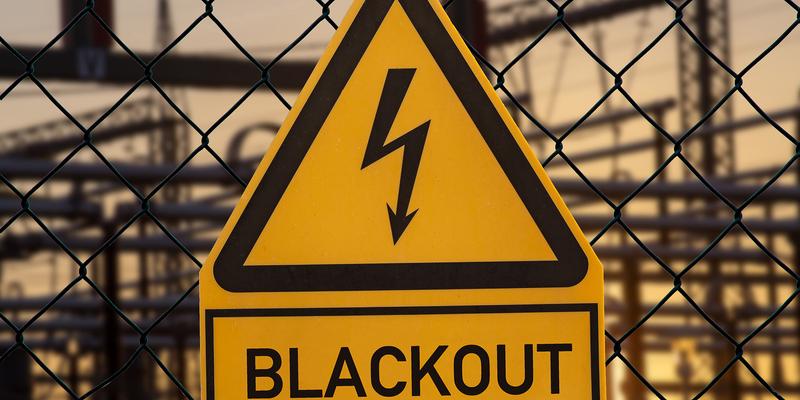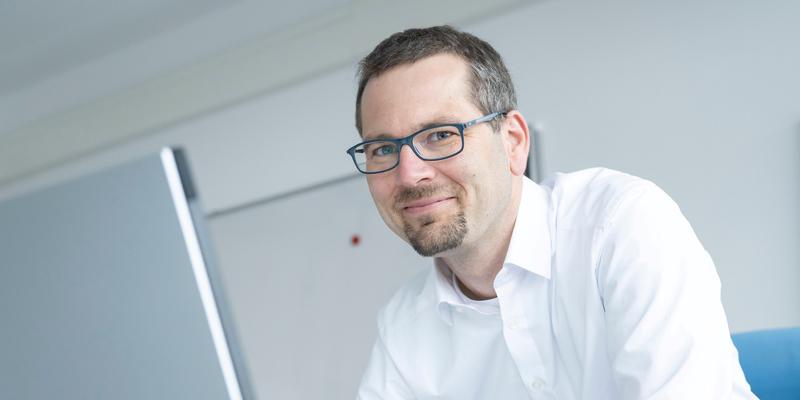Blackout in Spain and Portugal
emergenCITY-PI Florian Steinke explains how cities can prepare for such crises.
emergenCITY-PI Florian Steinke explains how cities can prepare for such crises.

A power cut hit the Iberian Peninsula on Monday afternoon. Public life in Spain and Portugal largely came to a standstill. The power supply is currently being restored and the causes investigated.
How vulnerable are we? How can urban infrastructures be designed to withstand crises and disasters? In short: how do you make a society resilient? A high-profile team at the LOEWE Center emergenCITY, led by TU Darmstadt, has been working on these questions since 2020. The solution concept is interdisciplinary and encompasses modern information and communication technology as well as the historical, legal, social and structural aspects of urban planning.
“The European electricity grid is very secure on average, but vulnerable due to its complexity and geopolitical risks,” says Florian Steinke, Principal Investigator at the LOEWE Center emergenCITY and Professor of Energy Information Networks & Systems at TU Darmstadt. “At the LOEWE Center emergenCITY, we are researching decentralized, resilient solutions to supply people with electricity in an emergency. With the help of distributed, renewable energies, in particular photovoltaics and battery storage, a basic supply can be efficiently ensured. For example, energy self-sufficient smart homes could also supply other buildings, traffic lights or cell phone masts.”

In addition to TU Darmstadt, the University of Kassel and Philipps University Marburg are involved in emergenCITY. The Federal Office of Civil Protection and Disaster Assistance (BBK), the City of Darmstadt and the German Aerospace Center (DLR) are also involved in the center as associated partners.
Author: SCC, TU Darmstadt